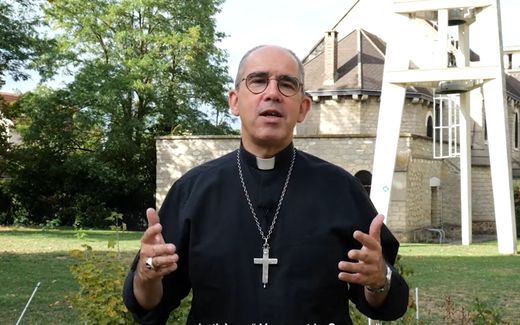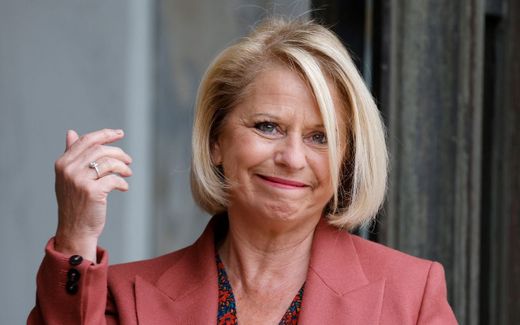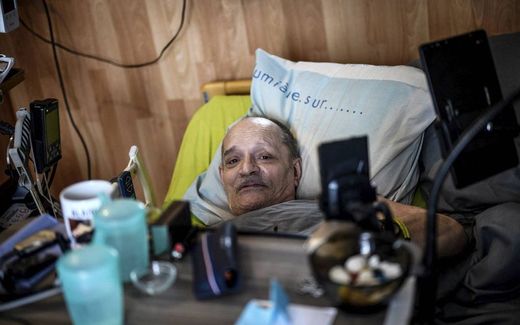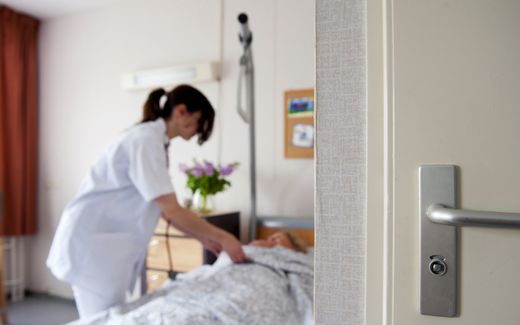French bishops write letter on the end of life
10-11-2022
Western Europe
CNE.news
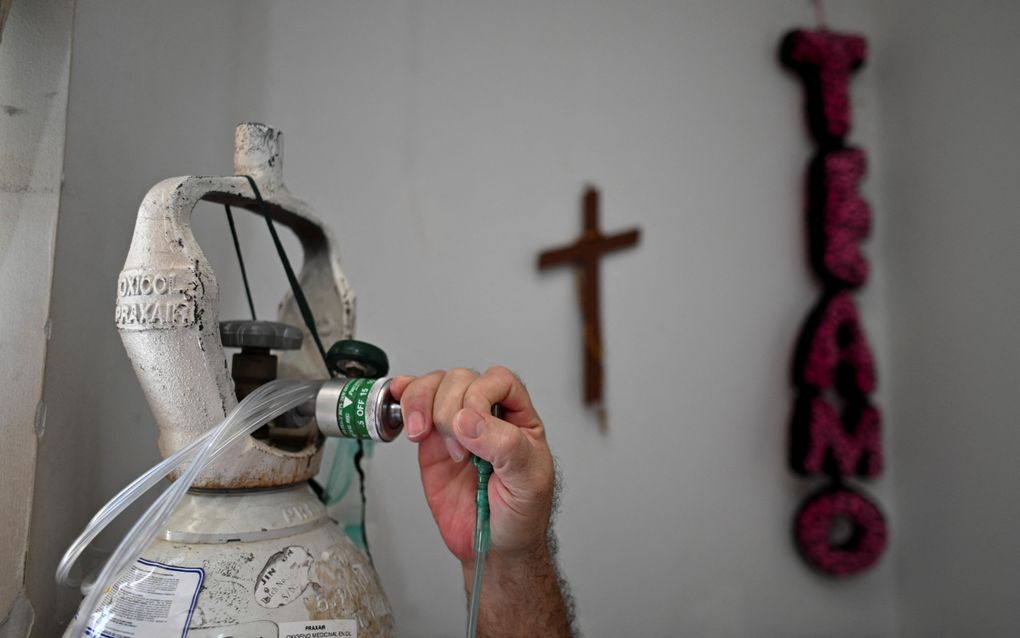
Photo AFP, Luis Robayo
Western Europe
How should Christians view euthanasia in the case of terminal illnesses? French bishops wrote a letter on the end of life to answer that question.
"Death concerns each one of us. And it frightens us. Yes, we are not made for death." That is the message that the bishops want to convey to Roman Catholic believers in Spain. In their letter, they give some guidelines and recommendations on how to view end-of-life issues in the light of the Bible. That is reported by [Famille Chretienne](https://www.famillechretienne.fr/39234/article/o-mort-ou-est-ta-victoire-la-lettre-pastorale-des-eveques-de-france-sur-la-fin.
The central message of the bishops is that the matter of euthanasia should be looked at by considering the death of Jesus Christ. "In Christ, all will receive life."
Contrary
The clergymen acknowledge that assisted suicide would end the suffering of sick people. Still, at the same time, they point out that this would violate the commandment "Thou shalt not kill." Therefore, they argue that euthanasia and assisted suicide are contrary to the Law of God.
The bishops assert that assisted suicide or euthanasia does not conform to the commandment of loving one's neighbour. "It ruins the fruitfulness of the symbol of the good Samaritan, who inspires love."
The guiding principle in considering matters concerning the end of life is to choose life, according to the bishops. That principle should determine the choices one has to make when discerning between what is care, hydration and food and what is "futile therapeutic relentlessness and a source of unnecessary suffering."
Furthermore, the letter's authors recommend that relieving suffering and pain should go as far as sedation, but not further. "This sedation is often intermittent and must be proportionate", the bishops write. They also emphasise the importance of genuine farewells and the presence of a chaplain at the end of life.
Gratitude
Palliative care is very important, as families can better accompany those approaching the "great passage of death", the bishops emphasise in their letter. They encourage research and development in this type of care.
When the moment of death arrives, it should be viewed as a "freely offered passage where we will hand over with gratitude to our Heavenly Father all that He will have given us", the bishops write.
Related Articles


